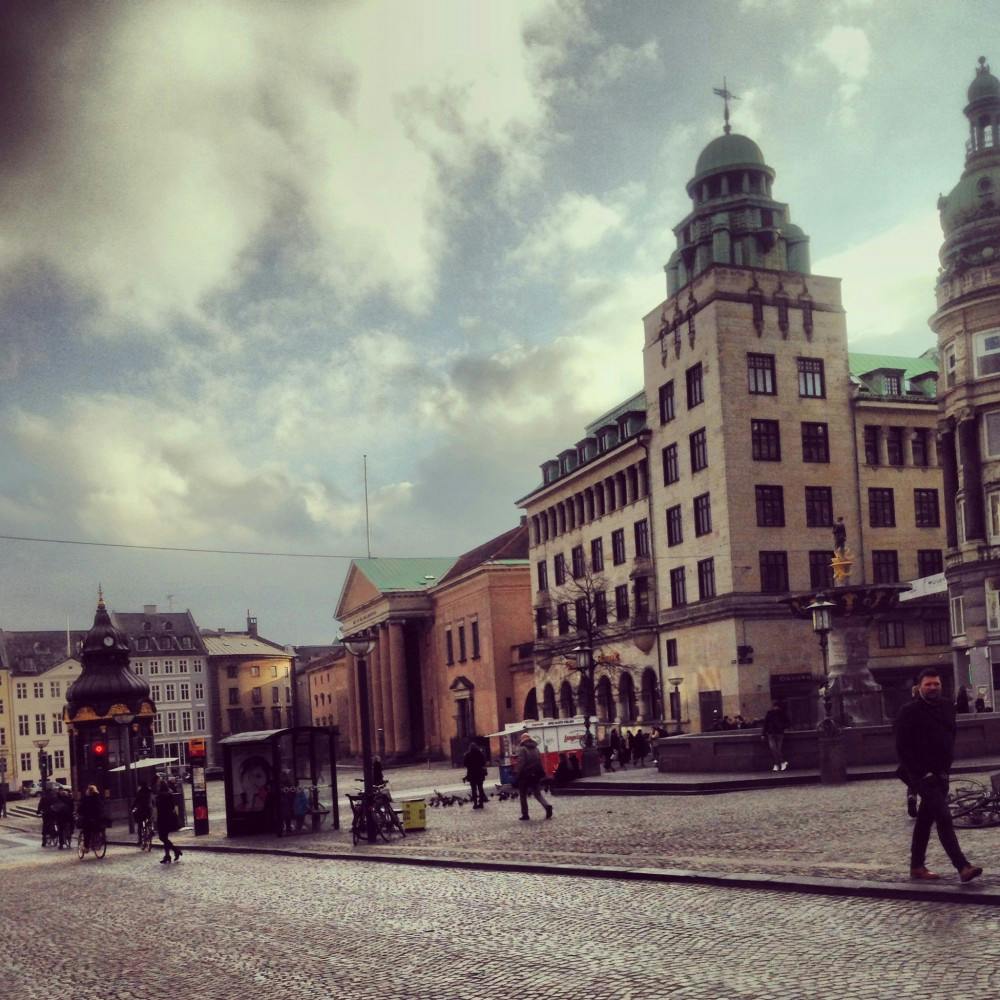I decided on a whim to spend my spring semester in Copenhagen, Denmark, and I couldn’t be happier with that decision. I chose Denmark because I had never been to Scandinavia, and I wanted to experience something new. Since arriving in Copenhagen on Jan. 19, and spending the first week or two being extremely confused and lost, I have grown to love my home for the next four months.
The transition from American life to Danish life seems easy. At a glance, a Scandinavian doesn’t seem much different from the average Washingtonian. But in reality, the subtle differences between the two cultures make communication and immersion more difficult than one might expect.
First of all, Danish people aren’t as open and friendly as Americans. This doesn’t mean they aren’t nice people; it does mean they aren’t very good at small talk. Rarely will a Dane start a conversation with someone on the bus or at the grocery store. They don’t understand why someone would go up to a stranger and pet their dog.
Some Danes are different. I have had casual conversations with people on the bus, and several people have let me pet their dogs. Danes were happy to give me directions when I got lost the first few days I was here. Of course, I had to ask them, but they were extremely responsive and nice. Nonetheless, living in Denmark has forced me to realize how warm and outgoing Americans are.
Yesterday I went to a microbrewery in western Denmark with my class (side note: drinking is not taboo here. The school I’m studying at loves to give us alcohol). The owner of the brewery, Eddie, was originally from the U.S. but moved to Denmark 21 years ago. Eddie was curious to hear what we had noticed about Danish culture in comparison to American culture. We brought up the noticeable differences: that Danes aren’t open to small talk and that people aren’t as loud and friendly as Americans.
Eddie agreed with us, gave us more beer and tried to help us understand why the Danes are like this.
“If you’re in any city in America holding a map, someone will come up to you within a few minutes and ask if you need help finding something,” Eddie said. “If you stand in the center of Copenhagen holding a map, you can probably stand there for an hour without anyone offering you help.”
We all laughed, but acknowledged that he was right. Danes don’t feel as obligated to help each other out as Americans do. Americans like to assist.
We sat in the brewery and sipped our craft-brewed beer and laughed over cultural differences, but we all had the same question on our mind: why are Danes like this? Why are they so closed off and why don’t they like to help others?
Eddie explained that Danish characteristics can be explained by their system of government. In Denmark, no one is extremely poor. You don’t see homeless people on the street and you don’t see many “discount” stores. There aren’t really any run-down areas, and their version of the “ghetto” looks like any normal street in New York City. At the same time, no one in Denmark is exceedingly rich; they don’t have the degree of wealth and lavishness America has.
Income in Denmark is more equally distributed, but this doesn’t happen because of any “invisible hand.” They have a welfare state that would make most Americans cry. Minimum wage is about 100 Danish kronner, which is equivalent to about $20. The more money you make in Denmark, the more you are taxed. This creates a system with less income inequality, where no one is too rich and no one is too poor. It’s a system where the government takes good care of its citizens. All Danes are given free access to health care and education. Each person in Denmark is guaranteed a roof over their head and food on their table. When a Dane loses his job, the government will give that person money and help them find a new one.
Eddie thinks this is why the Danes are not as open, friendly and communal as we Americans are. Because they are given everything they need, they don’t see a reason to look out for each other in day-to-day situations. They don’t have the desire to make sure a person on the street can find his or her way home. They have what is necessary and their lives are secure.
I wouldn’t say that this style of living is bad; it’s just different from the way we live in the U.S. If I were here for just a week, I probably wouldn’t see much of a contrast between an American and a Dane. But if I were here for just a week, I wouldn’t be able to have the amazing cultural experience I have had in the past month. I’m excited to partake in the experiences that will unfold over the next three months.
Sonia Ledwith is a junior in the School of Public Affairs





